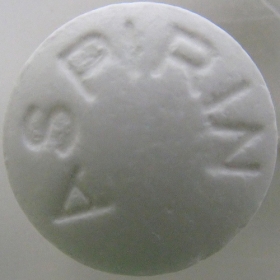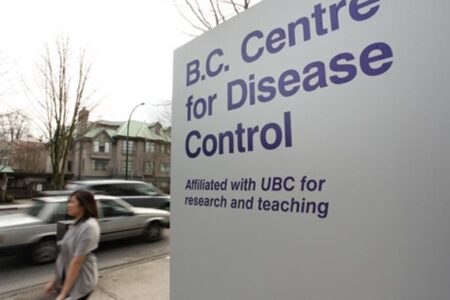New benefit of aspirin: preventing cancer
Aspirin, also known as acetylsalicylic acid, is one of the most widely used drugs in the world.
It is proven to lower fevers, relieve minor aches and pains, and to reduce inflammation. It also has the long-term use of preventing heart attacks, strokes, and blood clots due to its antiplatelet characteristic, which prevents blood from clotting too large within the blood vessel.
A new study from Queen’s University in Belfast has found that the regular intake of aspirin can lower the risk of developing hereditary cancer by 50 per cent.
The active ingredient of aspirin, salicylic acid, has been around for thousands of years. It can be found in willow bark and spiraea, and was used to help with headaches, pains, and fevers.
The father of modern medicine, Hippocrates, left records of how to use it back in the 4th century, B.C. Modern acetylsalicylic acid was first made by French chemist, Charles Frederic Gerhardt in 1853, and experimented on by other European scientists.
The German company, Bayer, found a synthetic way to derive salicin, which caused less digestive problems than previous versions. Bayer’s drug was called Aspirin.
Today, aspirin is widely popular around the world.
In many countries, including the US, it has become a generic term. With the releases of paracetamol and ibuprofen, aspirin sales declined, but have remained strong into the 21st century.
With the release of this new Queen’s University study, it may grow stronger still.
Article continues at



























Comments